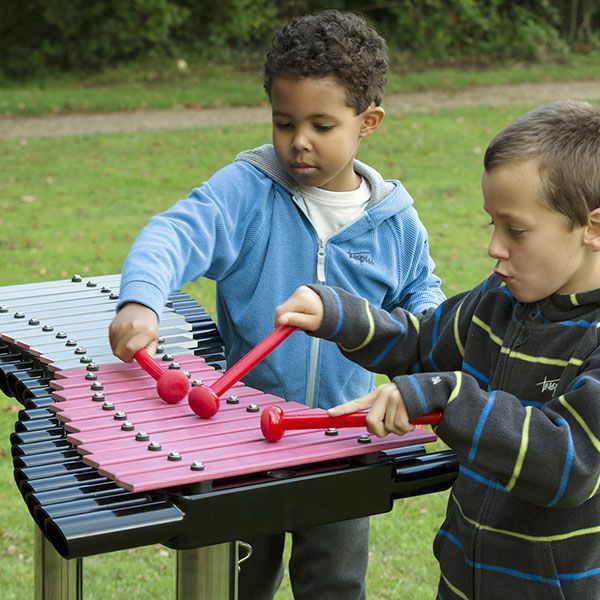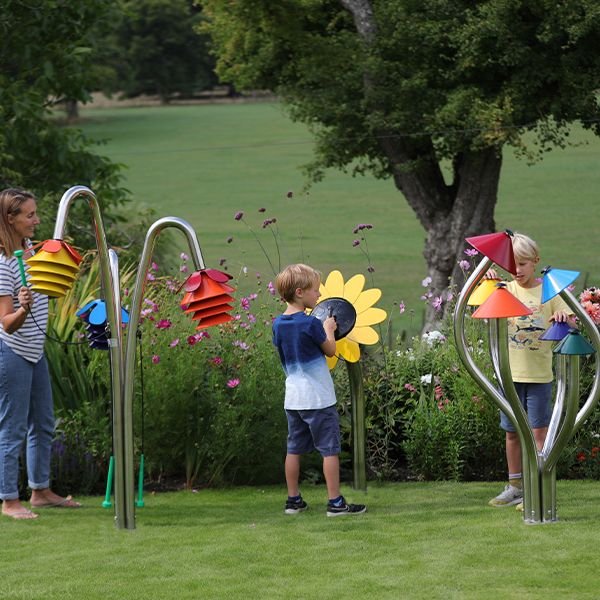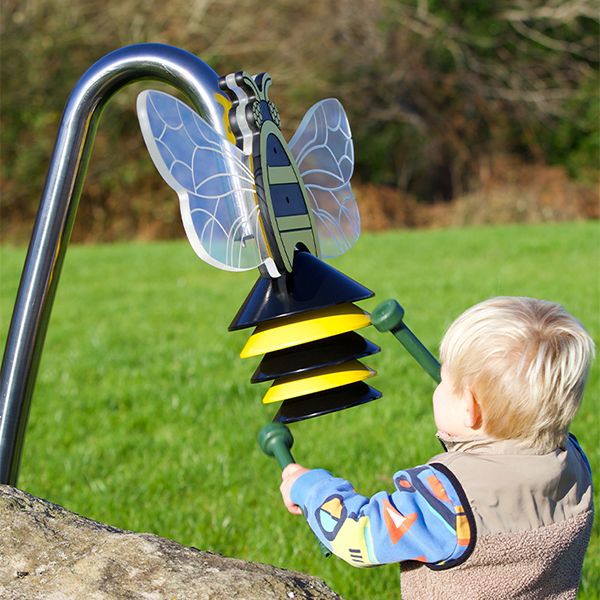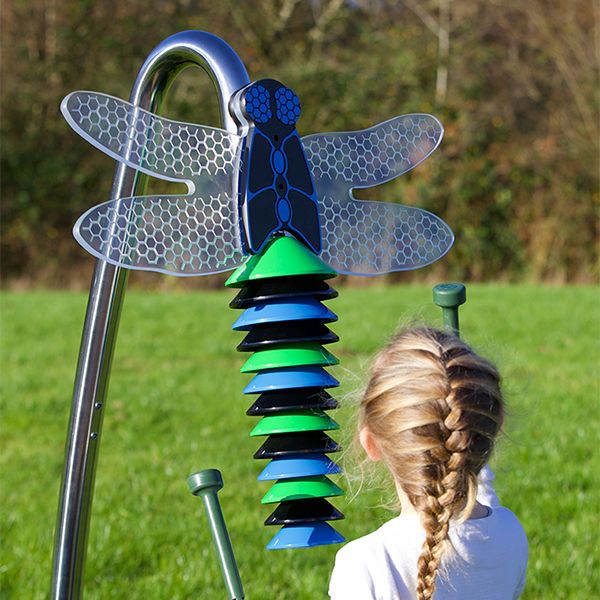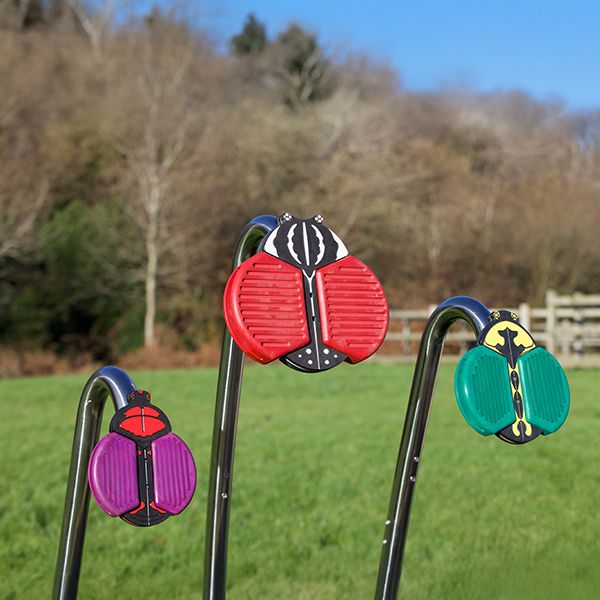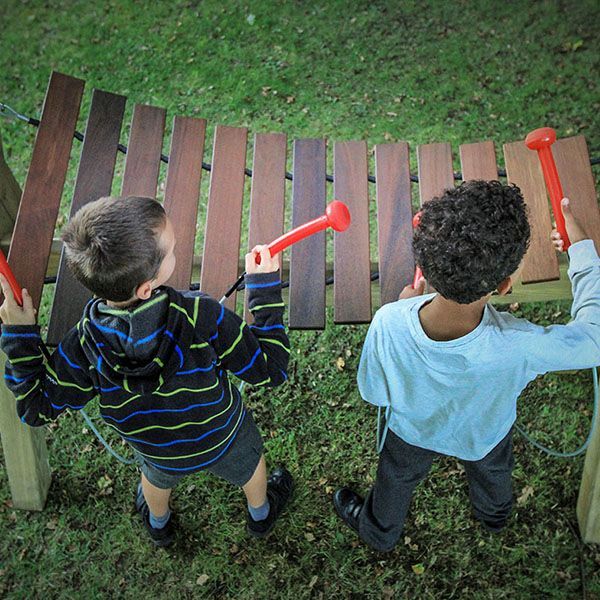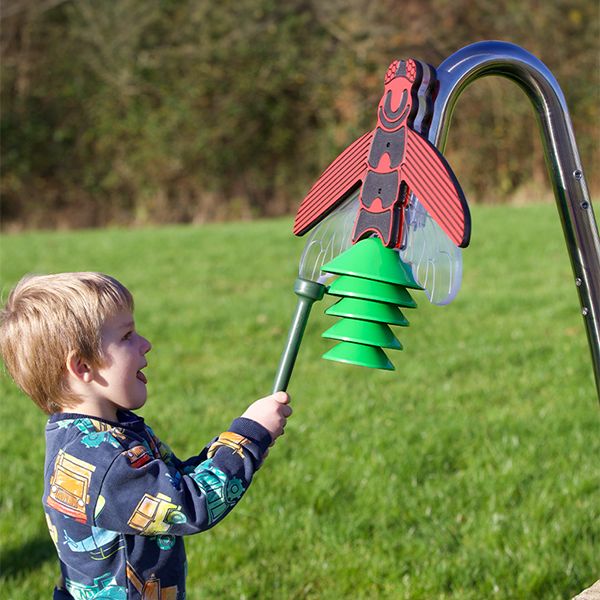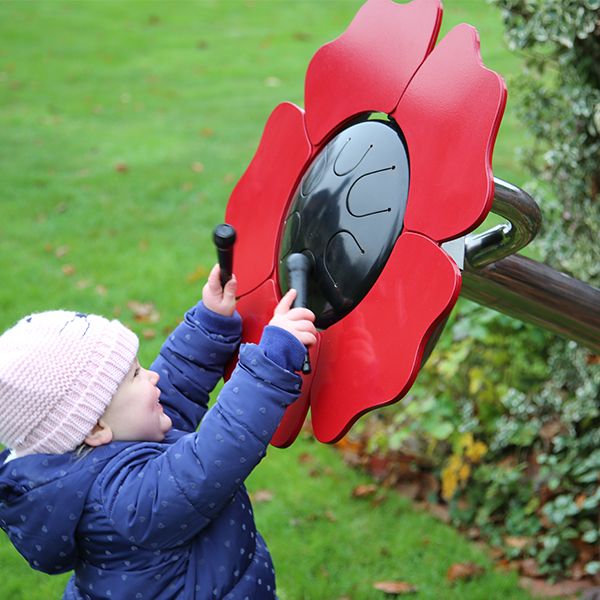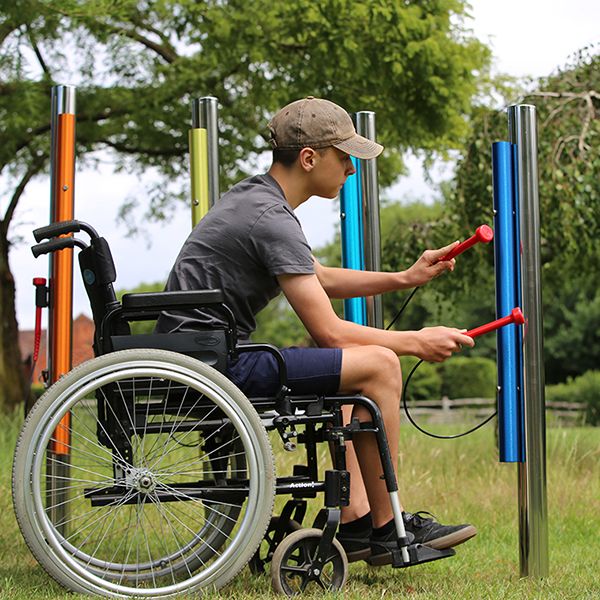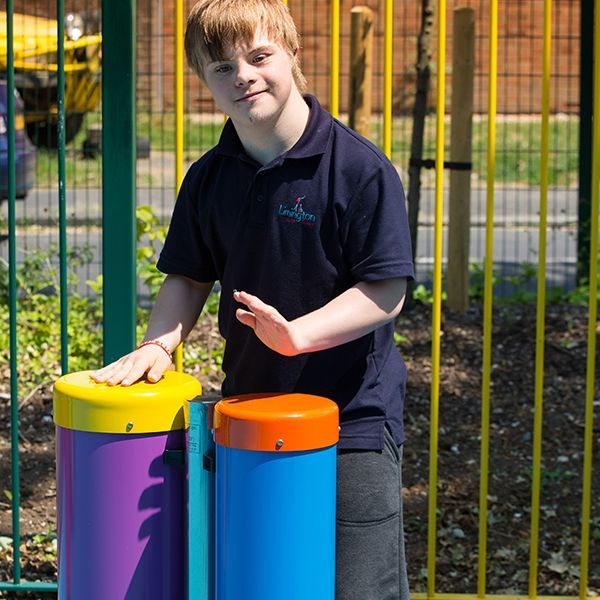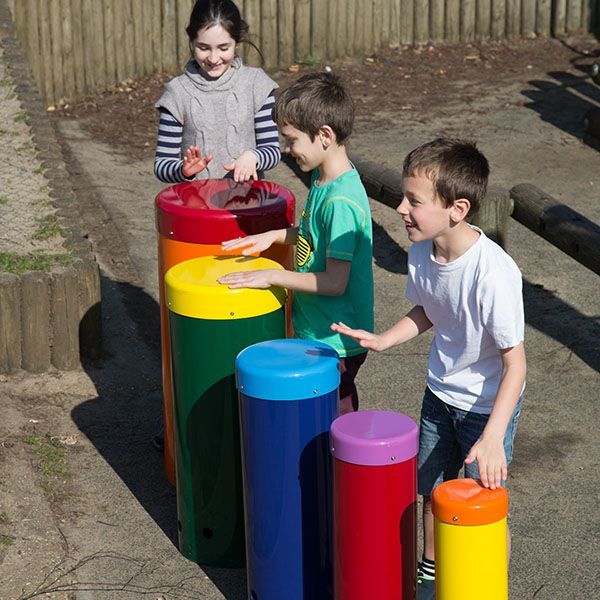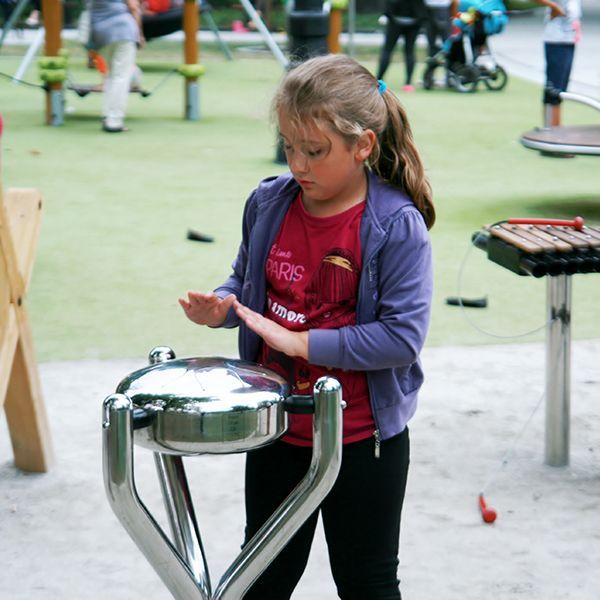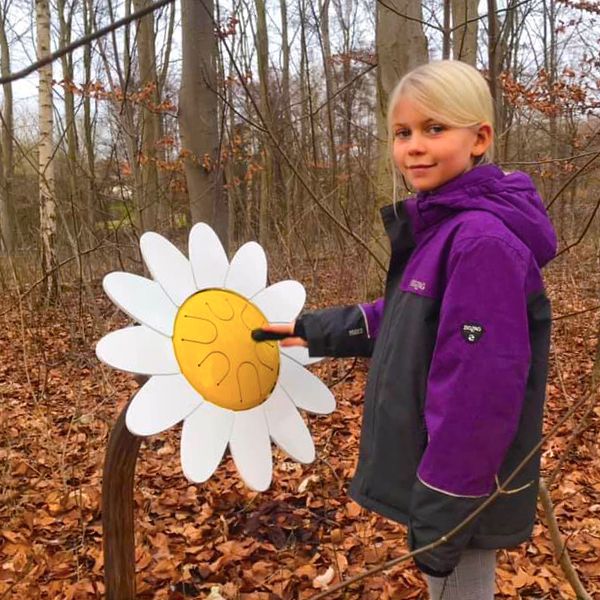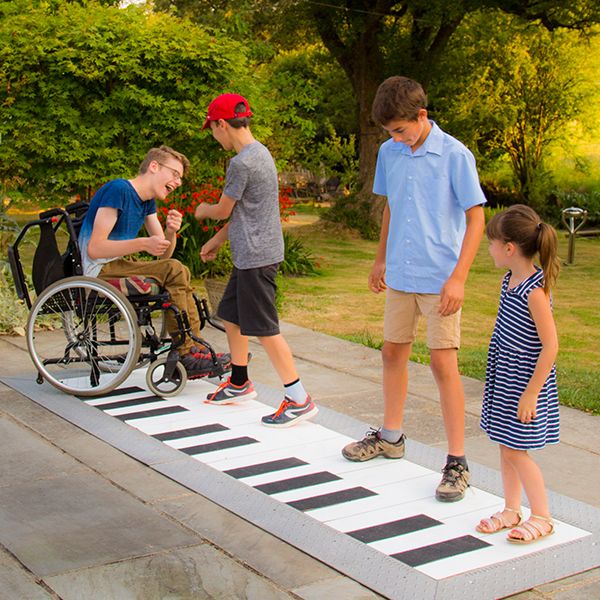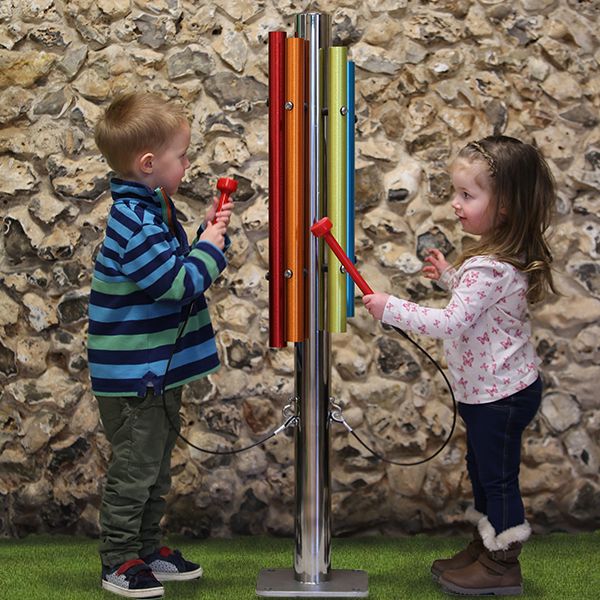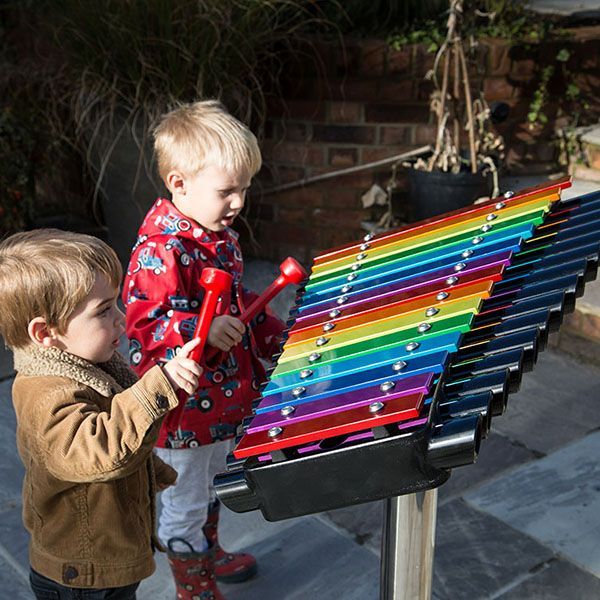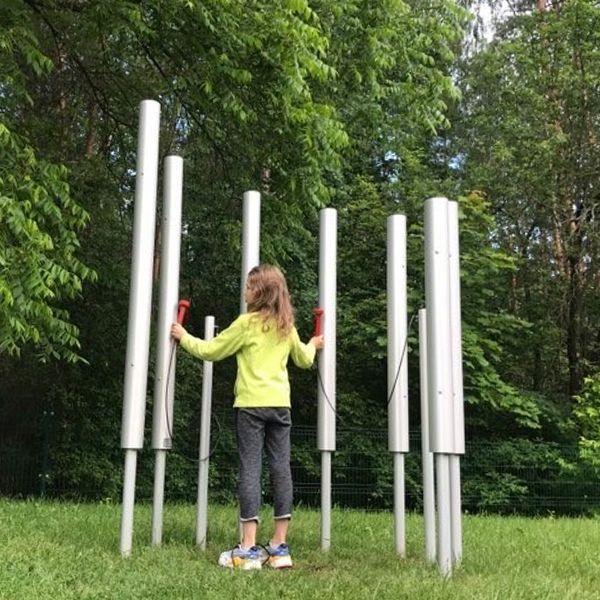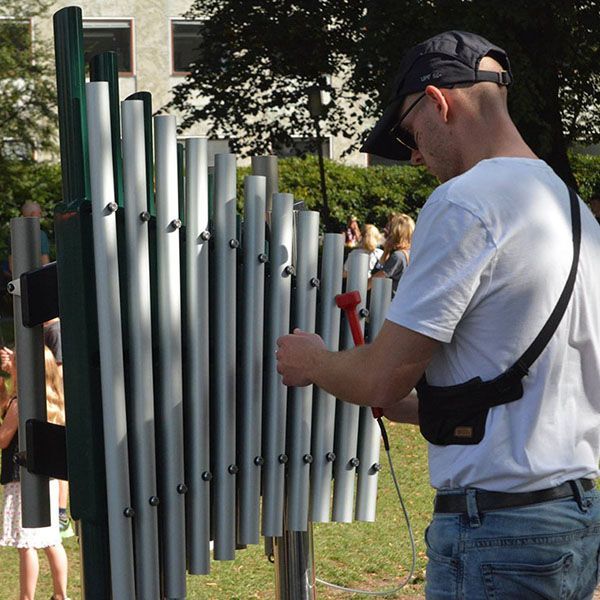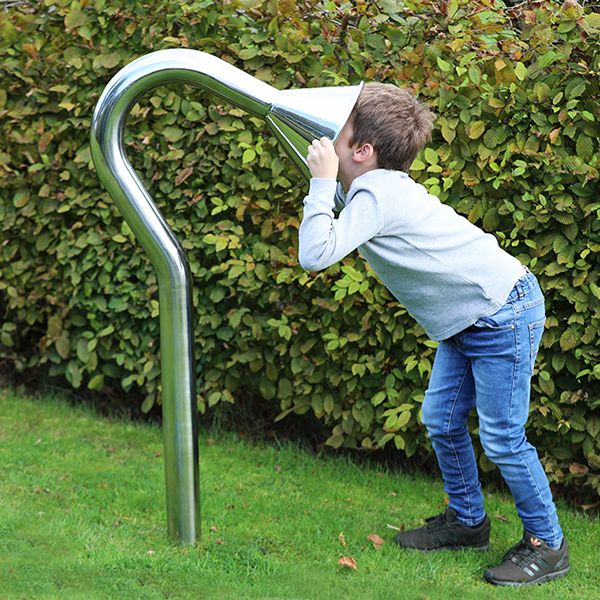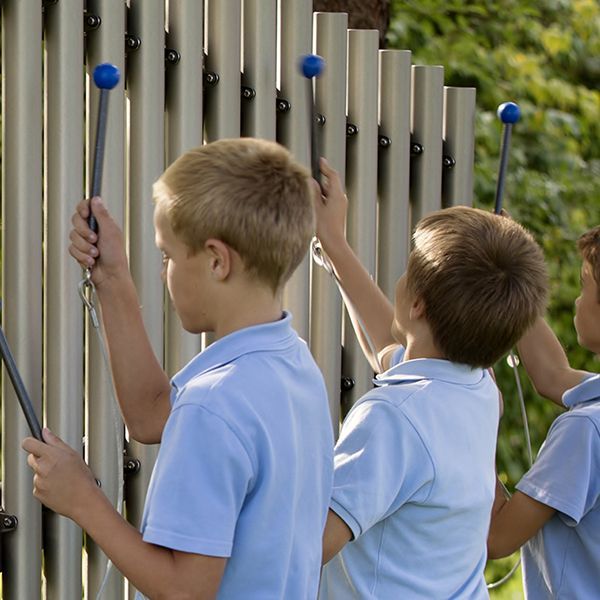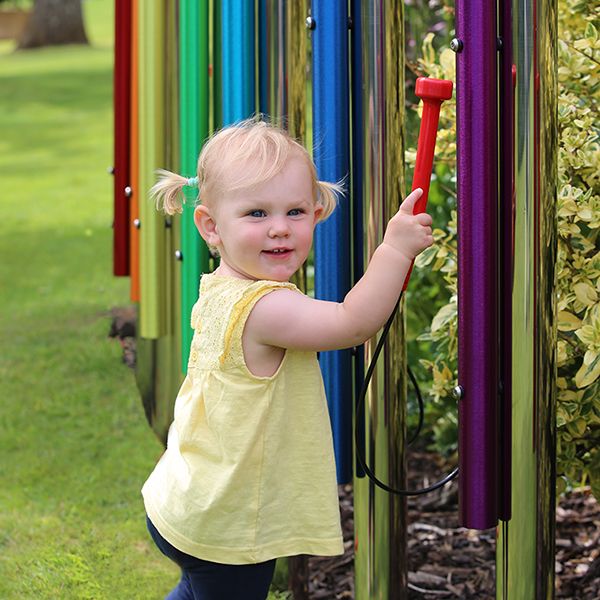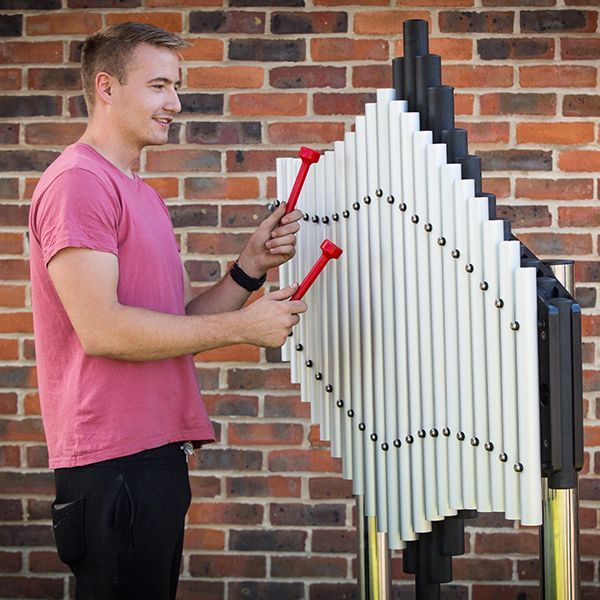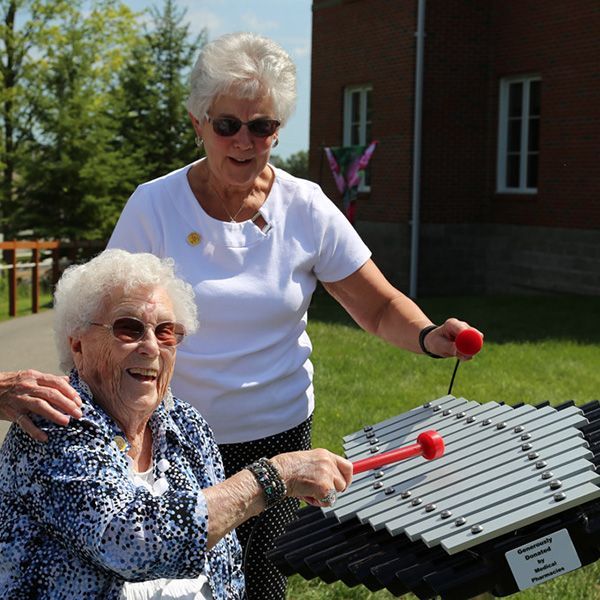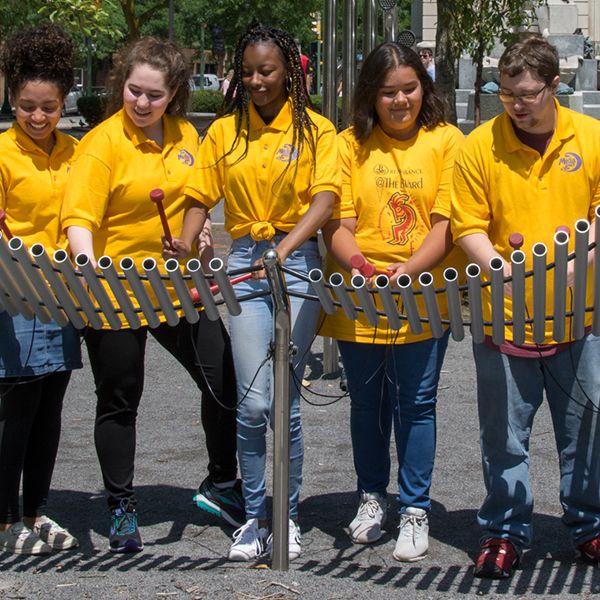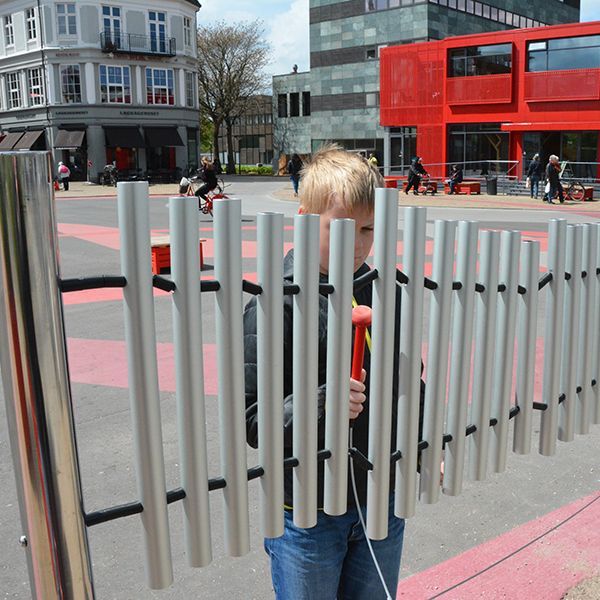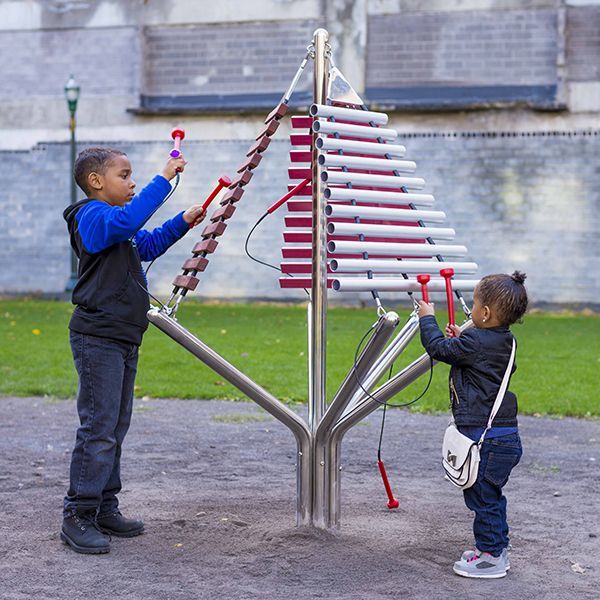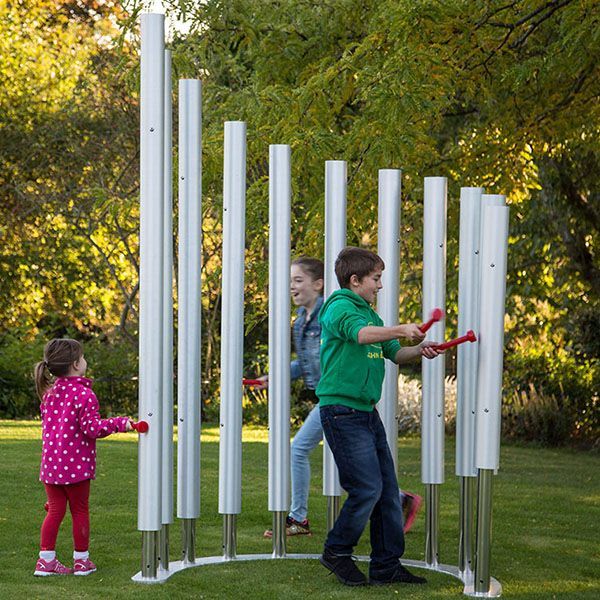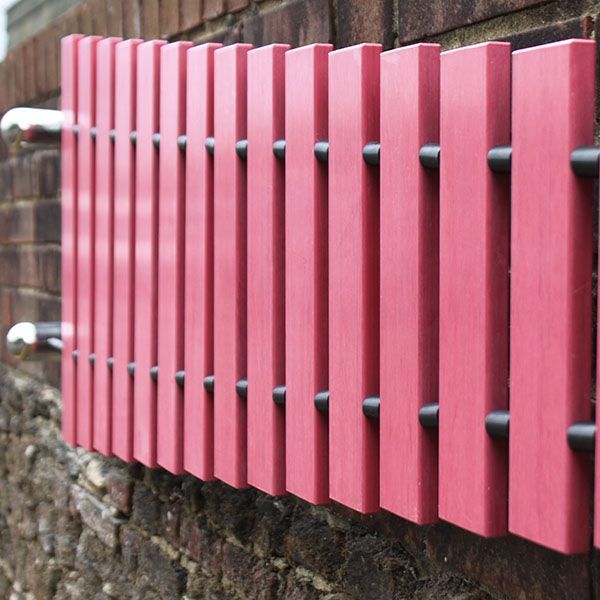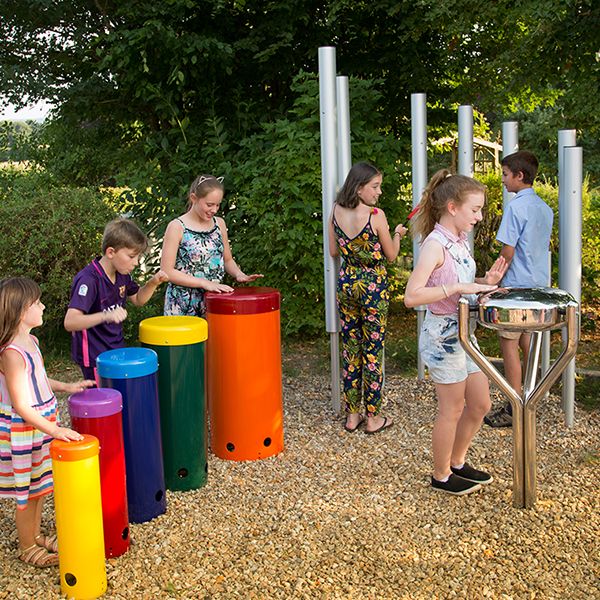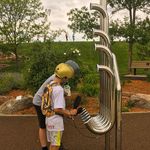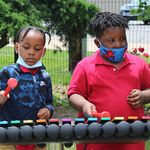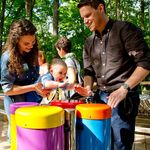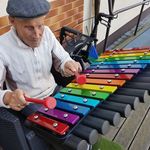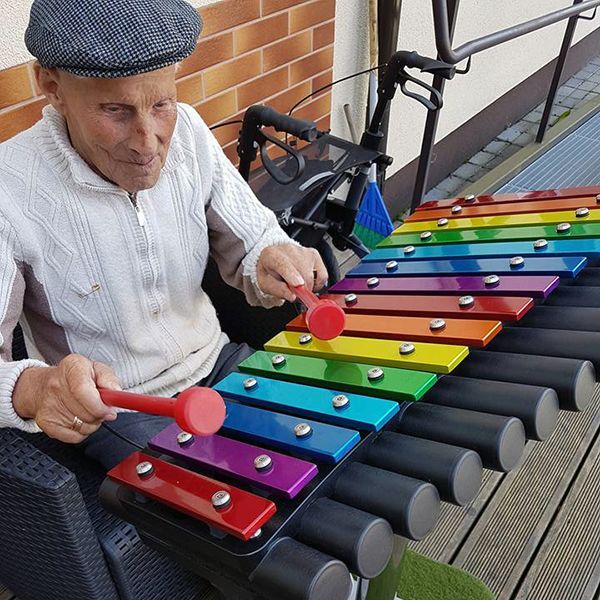Music can have a profound effect on anyone, but the rewards of exposing people within the disabled community to live music-making opportunities can be huge. Making music can provide a fun and non-threatening outlet for creative and emotional expression and through the medium of music, many essential life skills can be learned or developed. However, with a severe lack of accessible musical instruments for people with varied physical abilities, people with disabilities are often excluded from making music. We want to break down the barriers of ability in music and aim to make the outdoor musical instruments within our range accessible to as many people as possible.
There is no right or wrong in music, but the harmonic pentatonic scales used within the majority of our outdoor musical instruments allow the players to feel safe to experiment with self-expression. This leads to a sense of achievement, increased self-esteem, and confidence which can be transferred to other areas of their lives. Through playing the instruments, players can express their emotions, develop a sense of rhythm, support their physical development, develop communication skills, and benefit from auditory and tactile stimulation.
The same pentatonic scales make the instruments ideal for Music Therapy sessions. Music therapy can be of inestimable value for individuals with physical or cognitive challenges; each can experience the music in their own unique way. Music Therapy is very effective for individuals with autism and Asperger’s syndrome. Interestingly, many people with autism show a heightened interest in music and while they may be unable to easily communicate verbally, music is an avenue for many people with autism to express themselves and communicate in a non-verbal, non-threatening manner. Playing music puts the individual at ease, allowing for strides in social interactions to follow.
Access to our instruments provides an outlet, encouraging both adults and children to use music to deal with emotional issues, especially those unable to express them through speech. Where words fail, music may be a medium to explore one's inner world and experiences. Musical experience strengthens many of the same aspects of brain function that are impaired in individuals with language and learning difficulties such as Down's syndrome. The positive, creative engagement is truly beneficial, and encouraging music into the lives of children and adults with Down syndrome will help them learn how to interact with others, take turns, and communicate. They learn how to work together to make music while also enjoying the benefits and freedom that come with being in the fresh air!
Outdoor musical instruments can offer people who are blind, with vision impairment or low vision, opportunities to explore musical sound. Simple to play, they enable creative experimentation and tactile exploration, they encourage the use of motor skills, develop coordination, and stimulate the imagination. For people with severely limited movement, the placing of their hands on the vibrating lids of our drums or along the Emperor Chimes can elicit a positive response. For those with cerebral palsy, playing music may be an effective way to stimulate speech development and communication skills - helping them to express their emotions while also providing an opportunity for physical, cognitive, and motor development. Outdoor music spaces, gardens, or classrooms will not only create a healthy environment for therapy or learning but also for socialization and fun!
Making musical instruments available in a local music park, community space, school playground, or sensory garden will ensure everyone in the community will have an equal opportunity to contribute, flourish and reach their potential, both individually and collectively, allowing them to celebrate their unique talents. All the things that lead to inclusion in action.
